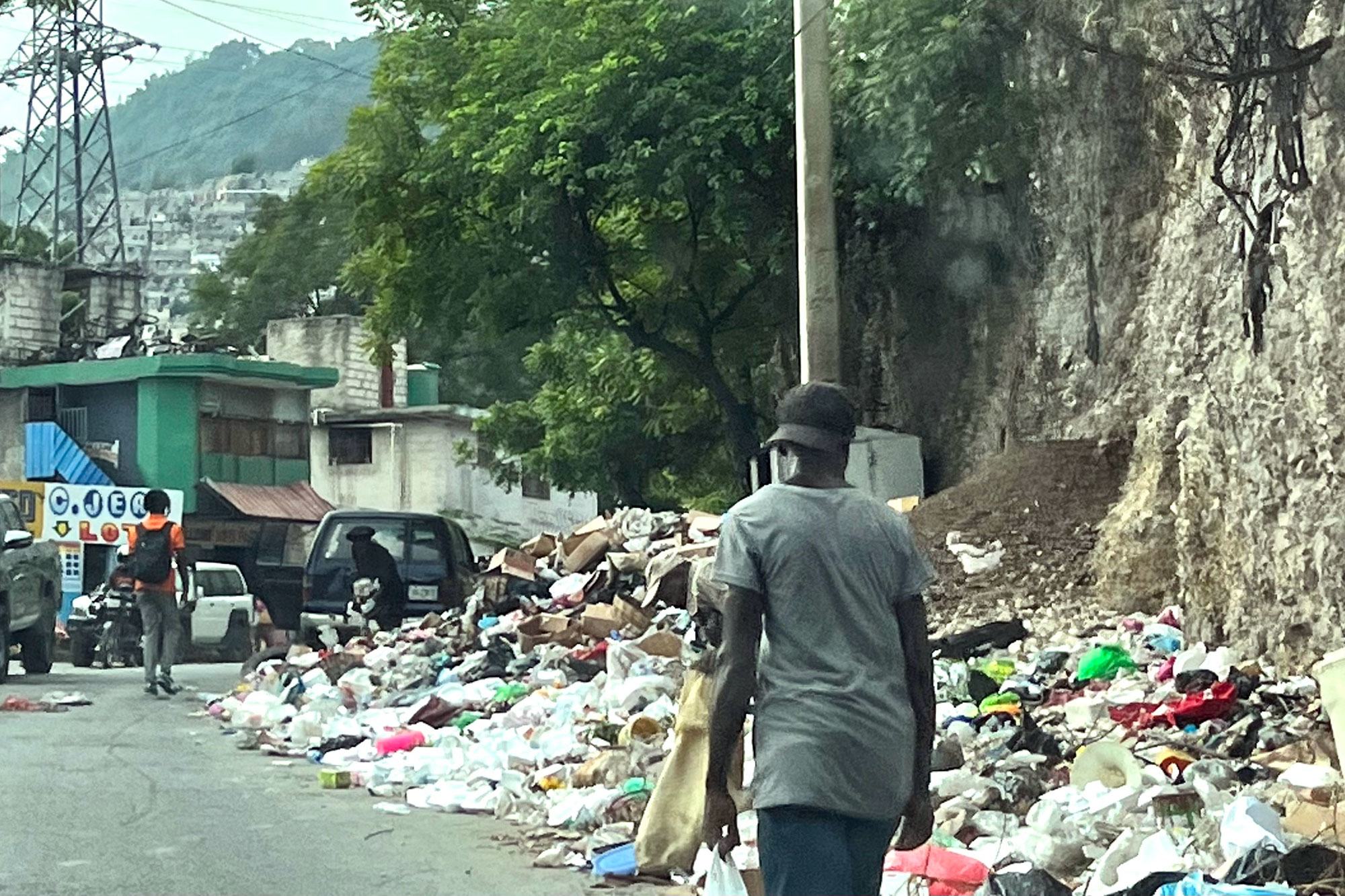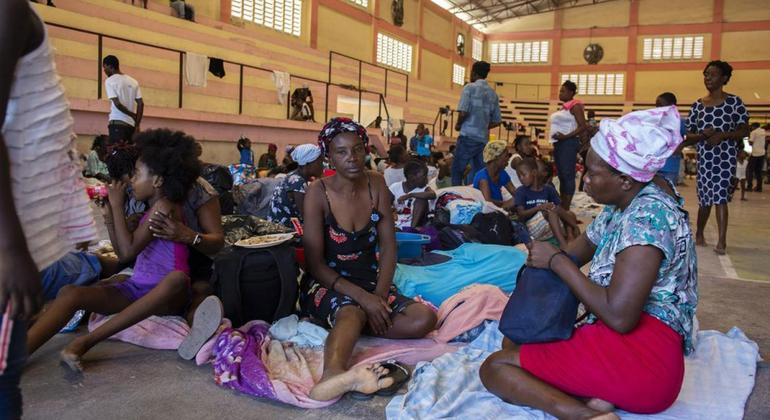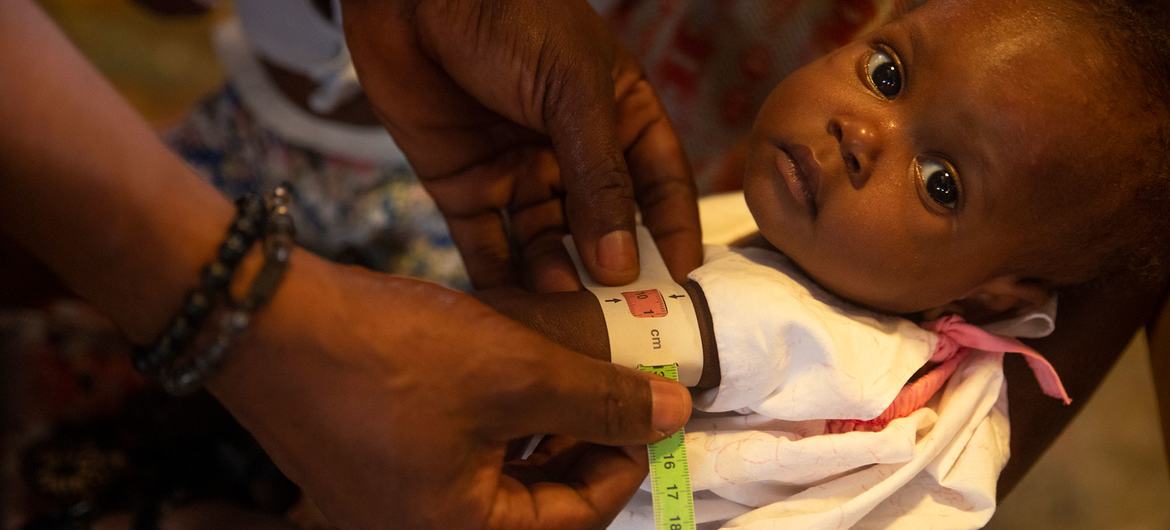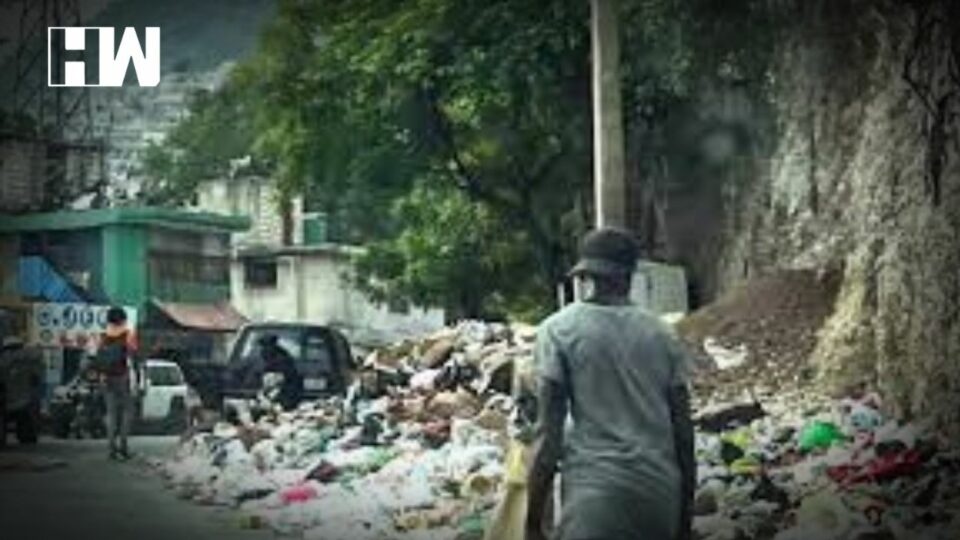A political solution in Haiti continues to be elusive, and on its own is no longer sufficient to address the crisis and save thousands of lives that otherwise will be lost, the UN Special Representative in the country warned the Security Council on Monday.
Ms. Helen La Lime urged ambassadors to act decisively and help address the persistent scourges of insecurity and corruption, that along with a health crisis are “accelerating Haiti’s downward spiral”.
Earlier on Monday, the UN Secretary-General, Antonio Guterres told journalists that the current blockade of vital humanitarian and civilian supplies in the capital of Port-au-Prince by heavily-armed gangs, and the growing risk posed by cholera, necessitates “armed action” to create a life-saving humanitarian corridor.
“I am talking of something to be done based on strict humanitarian criteria, independent of the political dimensions of the problem that need to be solved by the Haitians themselves”, he explained, adding that he had been urging the Security Council to act, to strengthen the national police force with training and equipment, but the current crisis “meant that more needed to be done”.

Cholera and fuel crisis
Ms. La Lime underscored that in just a few weeks, dozens of cholera cases have been confirmed, with more than half resulting in death, and hundreds more suspected in the West and Centre Departments.
And while undocumented cases of the deadly waterborne disease mount through parts of the Capital, gangs continue to blockade the Varreux terminal where most of the country’s fuel is stored.
“The consequences for Haiti’s basic infrastructure have been severe, disrupting operations at the country’s hospitals and water suppliers, impacting cholera response”, she told council members, underscoring that without fuel, trash cannot be removed from neighbourhoods, while torrential rains promote flooding, which mixes with refuse “to create insalubrious conditions ripe for the spread of disease”.
She warned that so far, neither the work of the Police nor appeals by diplomatic corps, including the UN, for the establishment of a humanitarian corridor, have been successful.

Insecurity crisis
The Special Representative said that nearly a thousand kidnappings have been reported in 2022 alone, and general insecurity continues to prevent millions of children from attending classes, isolates entire neighbourhoods, and leaves families open to extortion, with some burnt alive in their own homes.
“It is to be hoped that this weekend’s arrivals in Port-au-Prince of important Haitian-purchased tactical equipment, delivered by Canada and the US, will assist the police in regaining control of the situation”, she emphasised.

Human rights and hunger crisis
Ms. La Lime underscored that any enhanced security support to the National Police should also be accompanied by support to the justice system: both to ensure proper accountability, but also to re-enforce nationally led initiatives, such as the proposed judicial units specialized in prosecuting gang-related offences, as well as financial crimes.
“Under such a state of persistent civil unrest, violence, and looting (including of World Food Programme (WFP) and UN Children’s Fund (UNICEF) warehouses), basic rights are being flagrantly undermined across the country. Gangs continue to injure, kidnap, rape and kill”, she described.
And if this was not enough, the economic deprivation is also leaving the population in its most vulnerable state in years: with gang violence preventing a proportional humanitarian response to cholera and food shortages.
A record 4.7 million people face acute hunger, including tens of thousands who are now on the “brink of starvation”.
“To support Haitian institutions in their drive for civic order and accountability – and to save thousands of lives that will otherwise be lost – members of this Council must act, and decisively so, to help address the persistent scourges of insecurity and corruption in Haiti”, she concluded.
As an independent media platform, we do not take advertisements from governments and corporate houses. It is you, our readers, who have supported us on our journey to do honest and unbiased journalism. Please contribute, so that we can continue to do the same in future.

